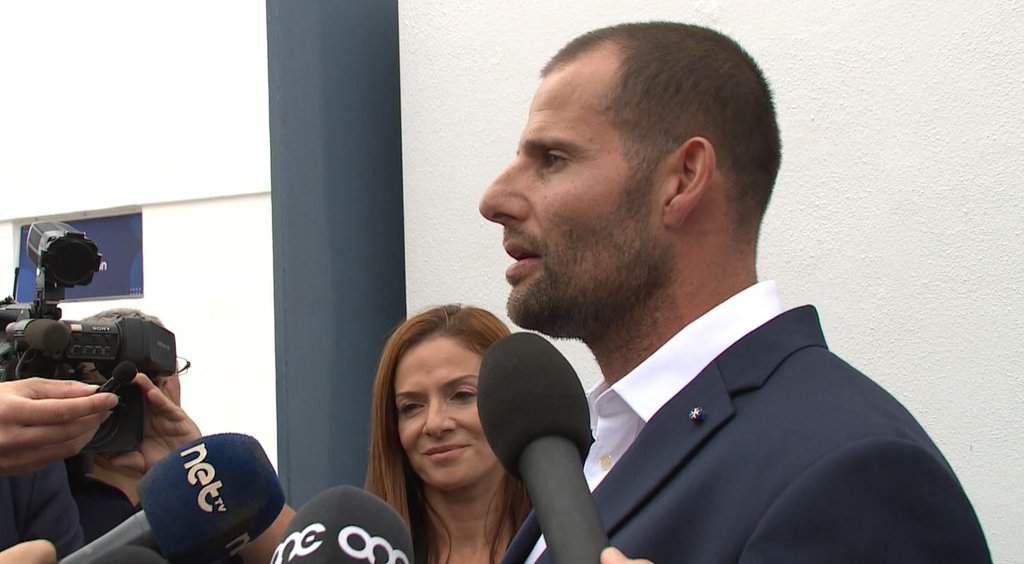
After a few squats in the trenches ministers have disappeared. They found themselves announcing too prematurely that the faults that caused the power cuts had been solved. They hadn’t. Power cuts are still the order of the day.
The story of Mount Carmel patients left in the heat and the dark for hours would have brought shivers to anyone if shivering was possible in this heat. Then came the breakdown at the hospital where the generators didn’t kick in when the power went out. The hospital assured us nothing fundamentally important broke down though one can debate the fundamental importance of ventilating patients in the A&E. Doctors had to manually ventilate patients until the power came back. They didn’t know when the power would come back.
Enemalta said the power cut in the hospital wasn’t their fault. The logic is that the hospital emergency generators belong to the hospital not to Enemalta and the fact the generators did not kick in when they were needed is outside Enemalta’s control. Except that the emergency generators in the hospitals would not have been needed at all if Enemalta’s supply wasn’t interrupted.
The government’s excuses for the power cuts have long worn thin. The overheating cables breaking down here are contrasted by the public with cables not overheating elsewhere, where it’s just as hot. The government insists that increased demand is not causing the faults. They have to say that because they alone are to blame for a population explosion that has driven up demand.
But then they say that the network is suffering because the heat is causing so much demand. The contradiction is too self-evident to be remarkable.
It’s not just about inconveniences. People’s businesses are interrupted by the uncertainty of the next power cut. Tourists are bemused the first, positively irate the second, vanishing by the third power cut of their trip. There are increased costs from covering the waste of ruined consumables and from firing up diesel generators at enormous additional expense.
The problem is there’s no end in sight. After the government announced they had fixed all faults and the power cuts continued, despair set in. If everything has been repaired why is the network still breaking down. And if everything has been fixed what can be done to stop it breaking down? Does this mean we’re condemned to power cuts just because it’s hot outside? Does this mean we can’t plan our lives when there’s a heatwave?
I write about businesses first because they have the means to shout out loud about the costs they are suffering. Old age pensioners trapped in their hot and dark homes breathing their laboured last are far less loud. Their suffering is unimaginable.
The balance under all this is that quality of life in Malta has taken another hit. We have lost the relative certainty of the reliability of our power supply. Even worse, we have lost the certainty of the water supply because water is pumped by electricity that is absent without leave. It’s not that basic comforts are uncertain. We have lost the guarantee of basic hygiene. We have lost the basic security of decent living.
What the government has not begun to address is that the measure of their failure here is not the hours each household or each business or each hospital spends without power. Or without water. The measure of their failure is that they have deprived the entire population of the basic surety that water and electricity are resources they don’t need to worry about. We can no longer think they’ll always be there.
Moronic sycophants of the government who are a breed that is unfortunately too resilient to be driven to extinction by rising temperatures challenge us to justify blaming the government for a prolonged heat wave. Surely, it’s ridiculous to suggest the climate is in Robert Abela’s control.
I don’t blame the climate on the government. But I must ask aloud what power cables they laid every time they ripped open roads over the last 10 years? There isn’t a running 20 metres of road surface that hasn’t been trenched up over the last decade at least once. How is it that that wasn’t an opportunity to upgrade the electricity network to keep up with their vision of build as high and as densely as you please?
We hire a government to govern. That job description includes taking decisions that anticipate the needs of the country beyond, even if by a little, the present electoral term. Ten years into Labour’s current era and people can’t remember a time since 1987 when things had fallen apart quite so badly.
Perhaps the heat and the smells and the darkness of a locked-up building keeping the glare and the dirt outside can help focus minds. Things don’t need to be like this. It wasn’t too long ago that they weren’t.